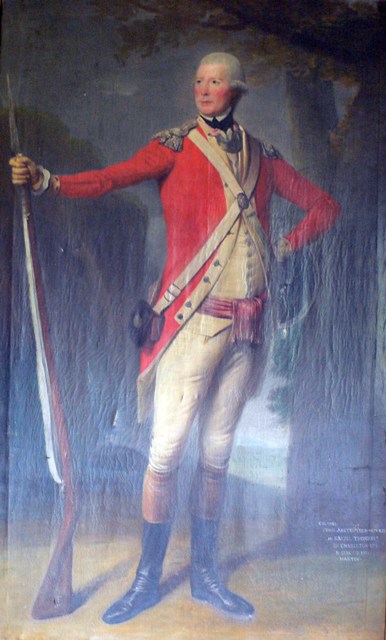The Mystery of “Our Old Friend”
Among the toasts at the Royal Welch Fusilier officers’ dinner on 1 Mar 1775 that I described back here was: “Our old friend.”
Most of the toasts that day were to people or historical events. Though the allusions could be stark—“Plume of Feathers. (August 26th 1346.)”; “The 1st of August 1759.”—Google and Wikipedia offered up explanations.
At first I thought “Our old friend” was the same sort of allusion, but I couldn’t find a standard explanation for it. When I searched for other examples of a toast to “Our old friend,” they almost always also named a specific old friend.
I found two exceptions to that pattern, which left me suspecting that the phrase was an inside joke, and perhaps a dirty one.
First, in the book Monstrous Good Songs, Toasts & Sentiments, for 1793, published in London by J. Parsons for sixpence, the very last toast in the book is:
Second is an anecdote from The New Bon Ton Magazine, or Telescope of the Times, in 1818. That appears to have been a lads’ mag for its era, and its story was:
Most of the toasts that day were to people or historical events. Though the allusions could be stark—“Plume of Feathers. (August 26th 1346.)”; “The 1st of August 1759.”—Google and Wikipedia offered up explanations.
At first I thought “Our old friend” was the same sort of allusion, but I couldn’t find a standard explanation for it. When I searched for other examples of a toast to “Our old friend,” they almost always also named a specific old friend.
I found two exceptions to that pattern, which left me suspecting that the phrase was an inside joke, and perhaps a dirty one.
First, in the book Monstrous Good Songs, Toasts & Sentiments, for 1793, published in London by J. Parsons for sixpence, the very last toast in the book is:
Our old friend, and her worthy companion Thomas.
Second is an anecdote from The New Bon Ton Magazine, or Telescope of the Times, in 1818. That appears to have been a lads’ mag for its era, and its story was:
AMONGST our convivial customs at table, one stands mainly prominent, which is drinking a certain toast immediately upon the ladies’ retiring. We give it many designations, “Our old friend” being the most common.Alternative explanations welcome.
At a meeting of Bon Ton in the City of Edinburgh, when the ladies had retired, the honorable and beautiful Miss Elphinston being the last, she heard the chairman give a toast, “Here’s to what the ladies carried out with them.”
When the gentlemen assembled in the tea-room, she with true simplicity and artless innocence, asked Colonel [John] Anstruther [shown above], “Pray what did you mean by that toast given just as we went out; we took nothing out with us; I’m sure I had only my work-bag in my hand.”
“It was your work-bag we toasted,” said the Colonel, “from mere whim and humour, as being the work of so accomplished a young lady.”
To this day in Edinburgh the first toast after the ladies retire is
“Miss ELPHINSTON’S WORK-BAG.”
M.B.


No comments:
Post a Comment